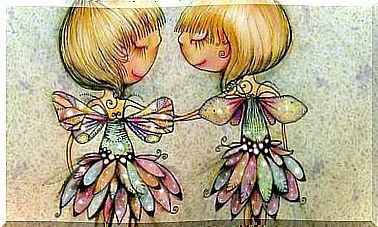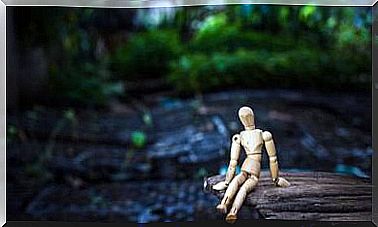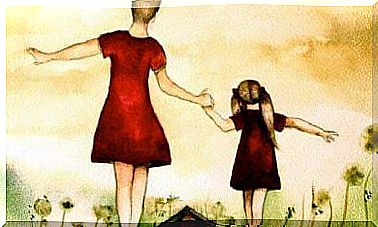Rate People Based On How They Treat You, Not Their Opinion

In this society, in which it seems as if someone is immediately against you if they do not agree, it is important to judge people according to how they treat us and not according to their opinion. Ultimately, an opinion is a state of mind in which we consider something we know or have experienced about an event or fact to be correct.
An opinion contains something internalized through upbringing and culture, whereas the way of dealing with others shows something more personal: the ability to feel empathy. How we treat others says a lot about ourselves.
Empathy is the ability to sense what another might be feeling by putting ourselves in their shoes and trying to understand their priorities. We can differentiate between affective and cognitive empathy. Affective empathy describes the ability to respond with a feeling that is appropriate to the psychological state of the other. Cognitive empathy, on the other hand, is the ability to understand the other person’s point of view or psychological state.
Empathetic people succeed in making those around them feel understood, heard and emotionally accepted. From a psychological perspective, how we connect with others is more critical to the affective connection we make than the opinions we accumulate over time.
“An opinion is involuntary and something involuntary is never praiseworthy or reprehensible. A person cannot be considered better or worse because of his opinion. “
Percy Bysshe Shelley
Why do we actually have to get an impression of others?
Any information we receive and the way we organize our lives is always colored by our perception. Our interpretation of the reality around us is the result of our personal experience with regard to expectations, feelings, needs and values.
How we perceive others is a process through which we try to get to know and understand other people. It’s about how we perceive our fellow human beings and that happens in the same way as we perceive ourselves. Perception of self goes hand in hand with perception of others, as we partially learn what we are like by observing other people’s reactions to our behavior.
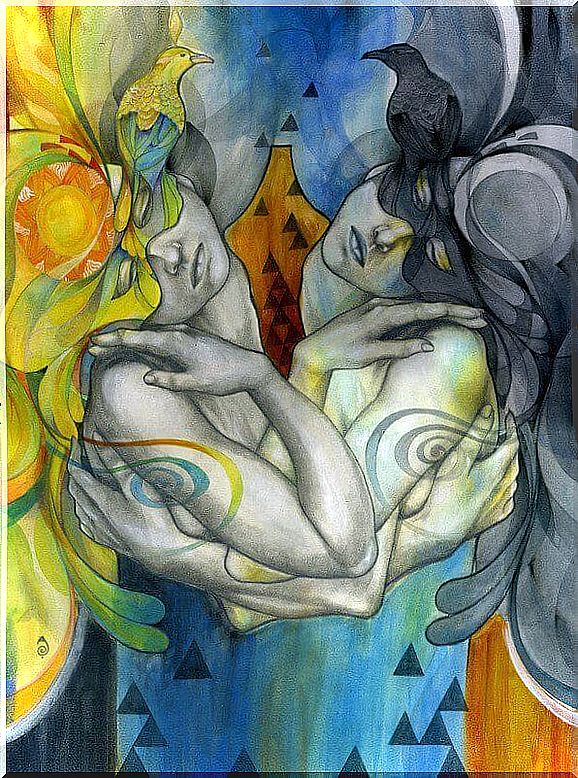
We have to assign other groups of people; that serves to orient us. This assessment has to do with the evolution of our species and is a tool for adaptation. We need to get an impression of others in order to adapt our reaction. We need information in order to be able to weigh up whether we should show ourselves interested, distance ourselves as much as possible, or exude indifference.
“The greatest gift we can give others is our presence. When our full attention is given to those we love, they bloom like flowers. “
Thich Nhat Hanh
People who make our world easier
Surround yourself with people who make your life easier. People who treat others kindly and make them feel valued have all these qualities in common: They are friendly, courteous, lovable, respectful, and they enjoy listening to others. People who don’t respect the way we live, our choices, and our points of view are just the opposite.
So which people should we prefer: those who set us limits, are arrogant and arrogant, but who think the way we think, or people who are friendly and lovable and take care of us, but do not necessarily agree with us?
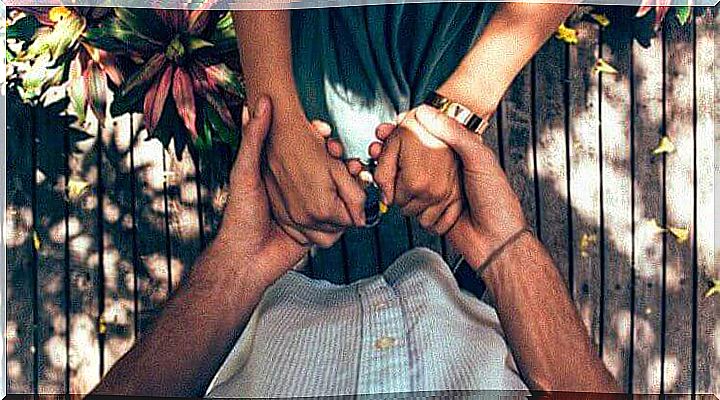
Everyone has their own opinion, but it has been proven that empathetic people in our environment help us to face the challenges of our everyday life more optimistically, as it is very motivating in itself to be able to count on them with regard to this optimism. We must remember that an opinion is one way of interpreting reality, but not the only one that exists. Being able to count on people around us who treat us well and appreciate others has many advantages for us, and not only because of their different opinions, which enrich us. But this point is also worth gold: We learn a lot from other cultures and perspectives.
